We need not be so concerned, say experts, as humans use more than just facial cues to read emotion.
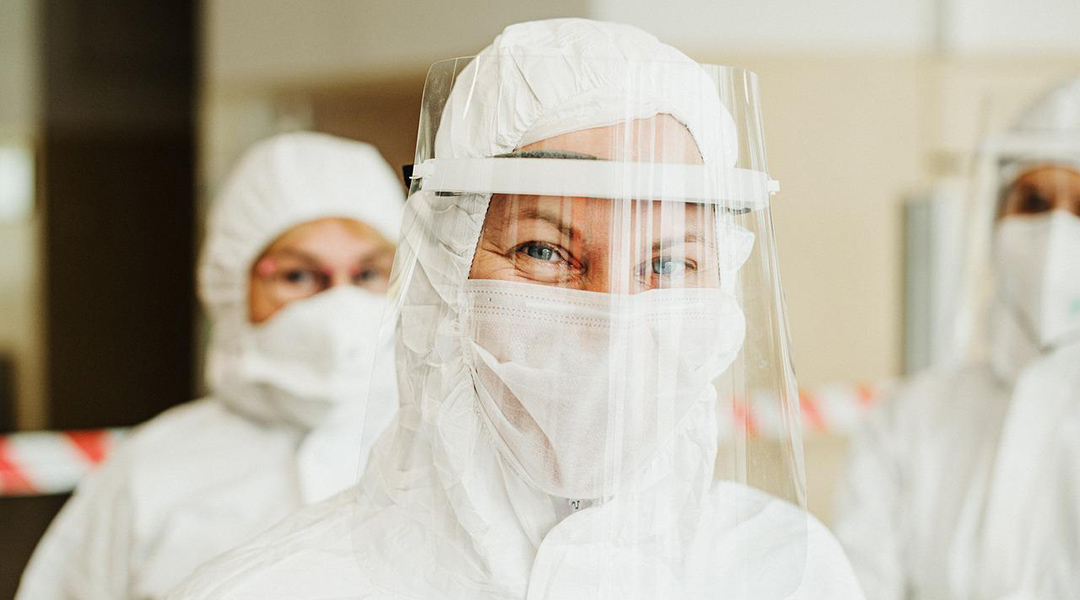

We need not be so concerned, say experts, as humans use more than just facial cues to read emotion.
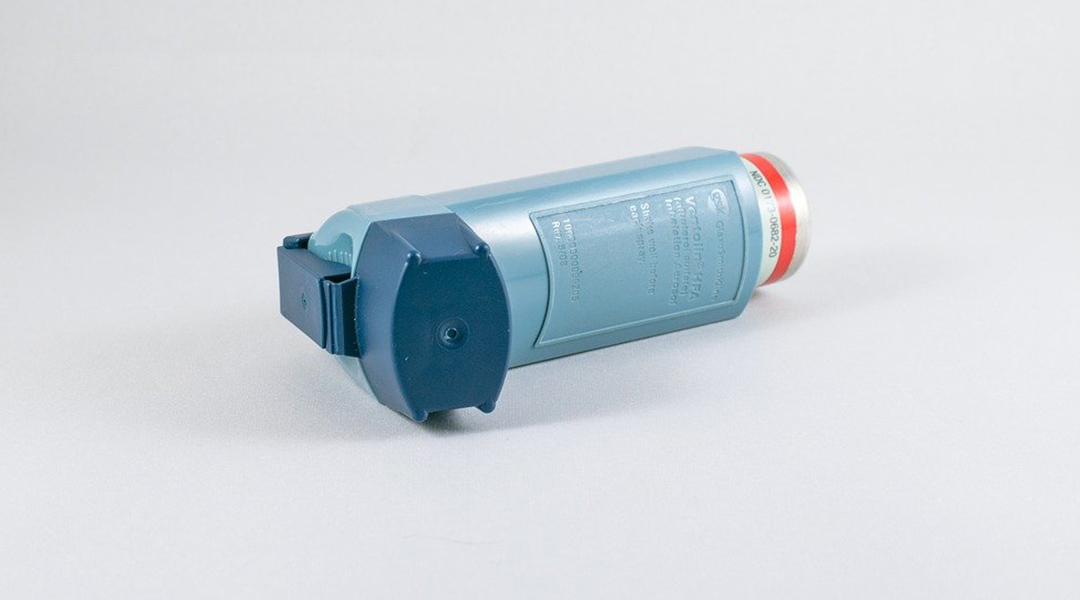
Analyzing patients’ urine samples allowed researchers to identify a biomolecule which could one day lead to developing a cure for asthma.
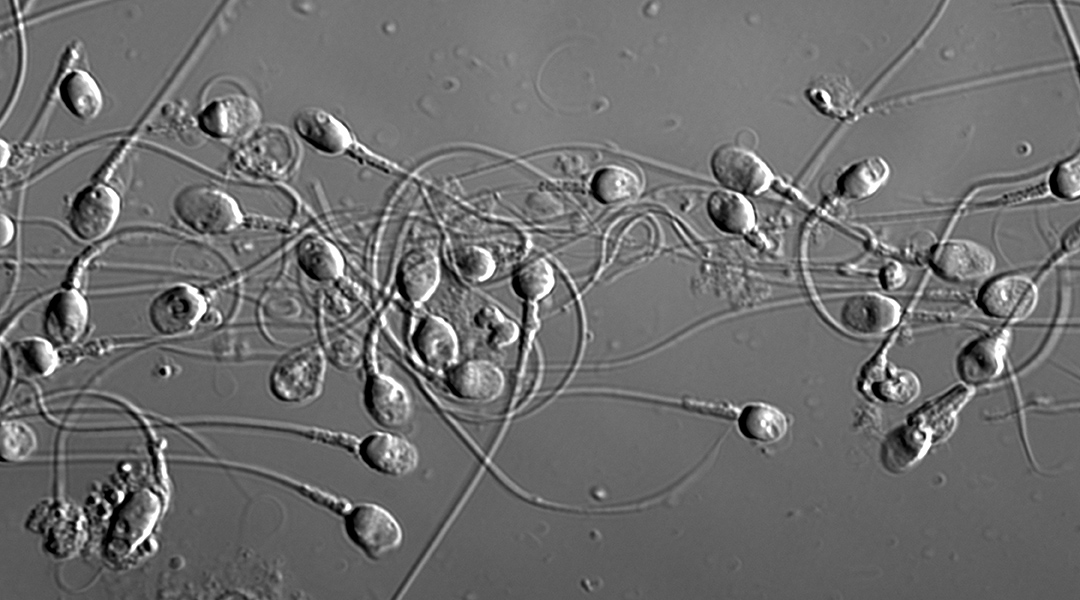
To help improve the success rates of fertility treatments, scientists are turning to AI to help standardize the sperm selection process.
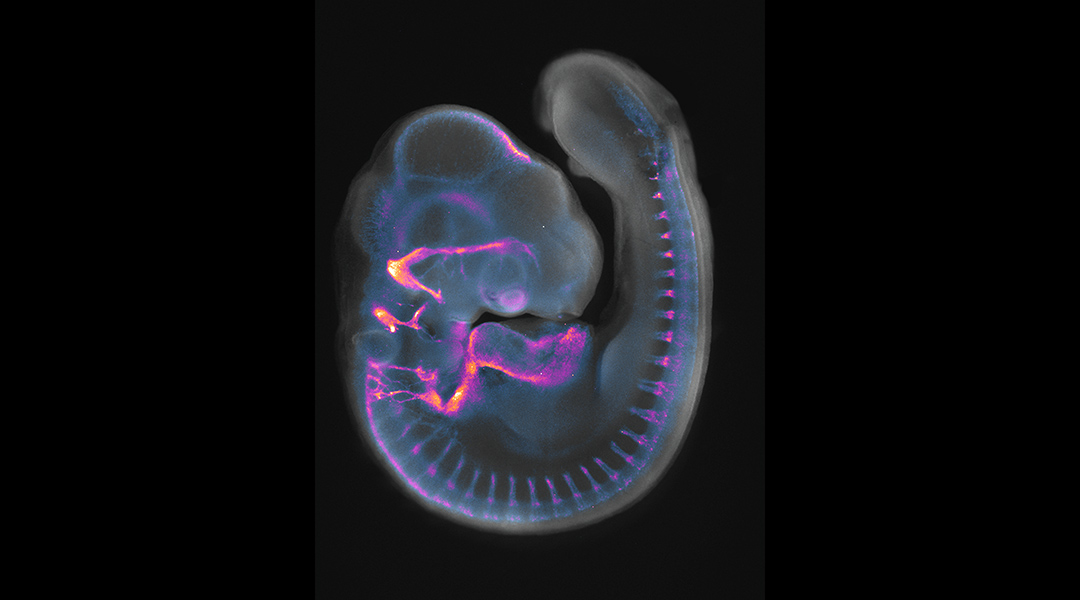
It turns out that a single factor is responsible for ear cell development, which could one day be used to treat disease and malformations.
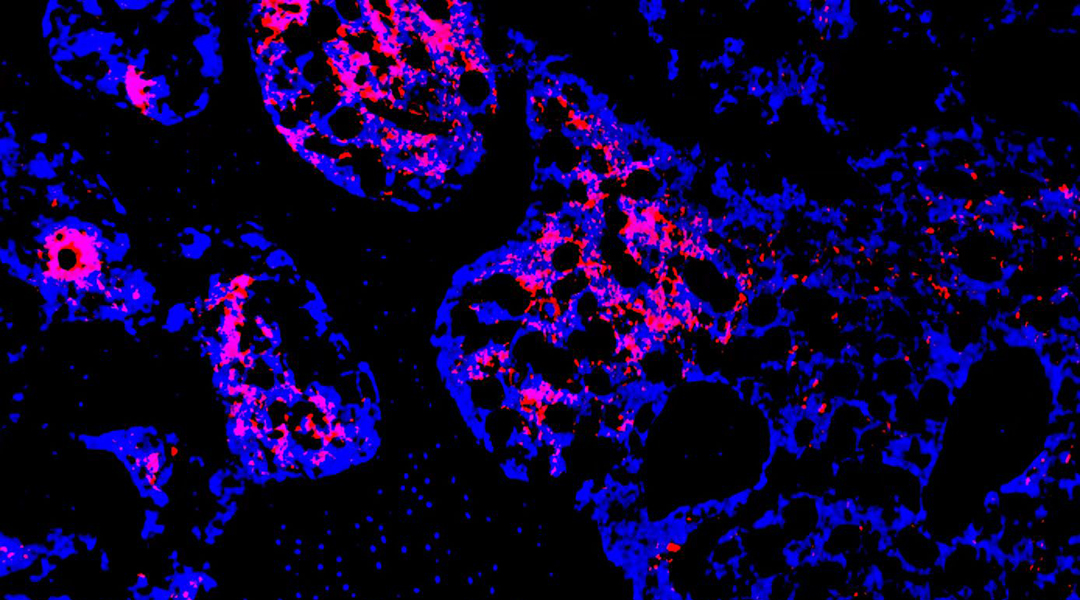
In the lab, a multi-functional hydrogel was shown to not only repair defects but also strengthen bone weakened by osteoporosis.

A new in situ, personalized cancer vaccine captures molecules from growing tumors to activate the body’s immune cells against them.

Microrobots dubbed “microwalkers” can both swim and walk, allowing them to transverse challenging biological environments.

In a cohort of almost 700,000 people, scientists take a closer look at whether vitamins help in preventing cancer and heart disease.
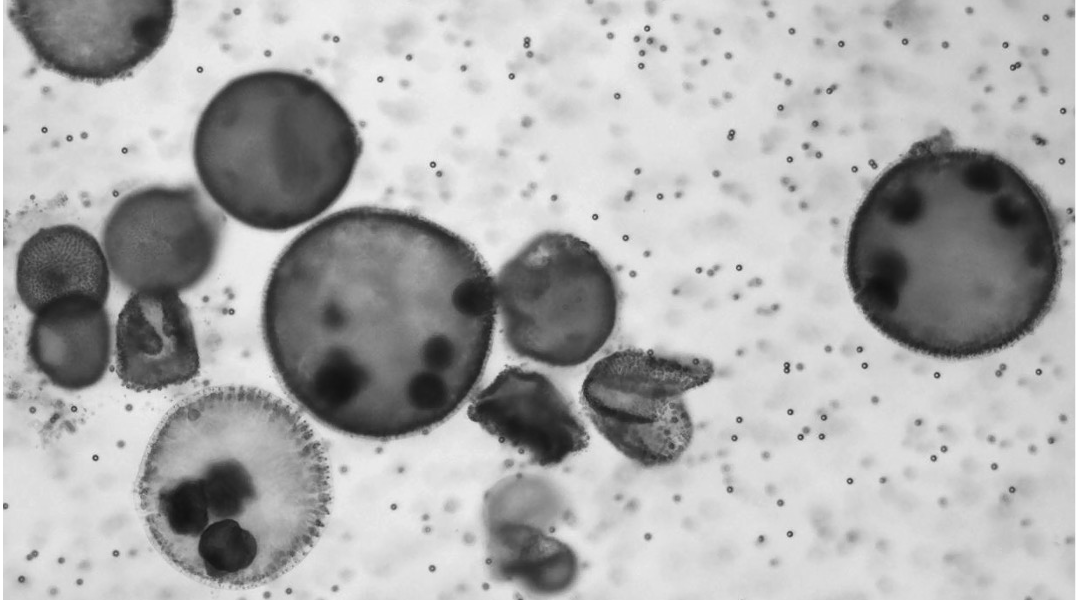
Living microrobots made from algae were weaponized to help fight tumors by improving the effectiveness of cancer therapies.

Dengue and Zika take control of a protein responsible for body odor, but a simple treatment helps reverse the process.